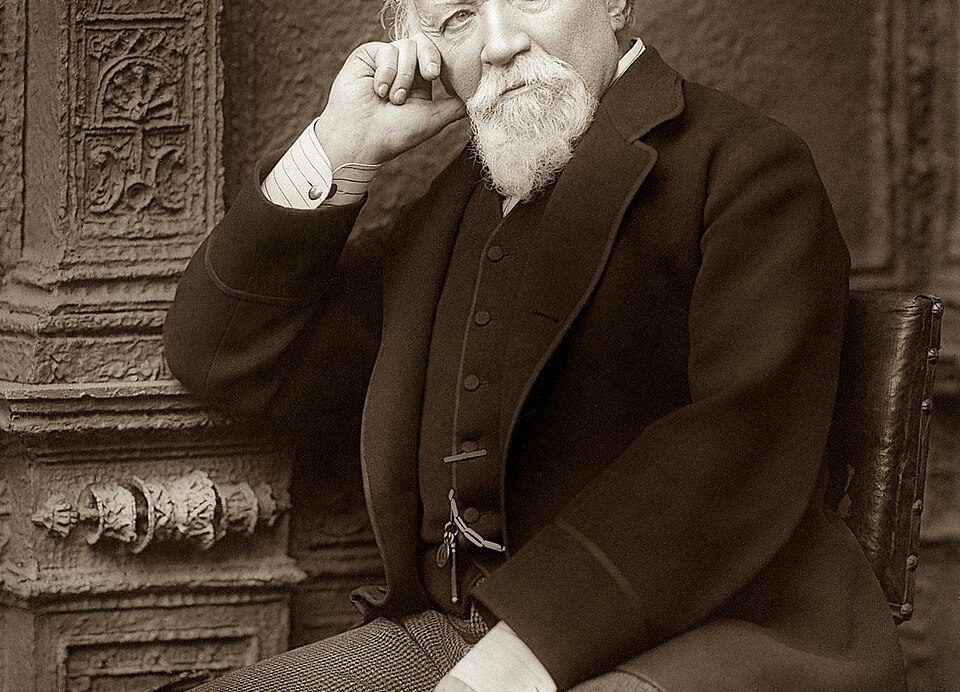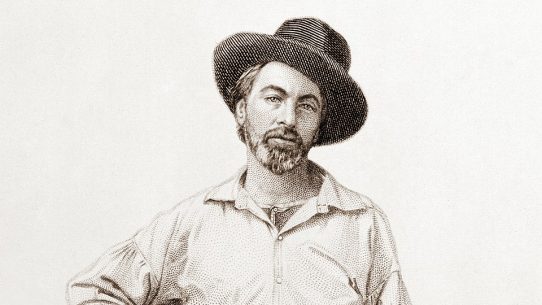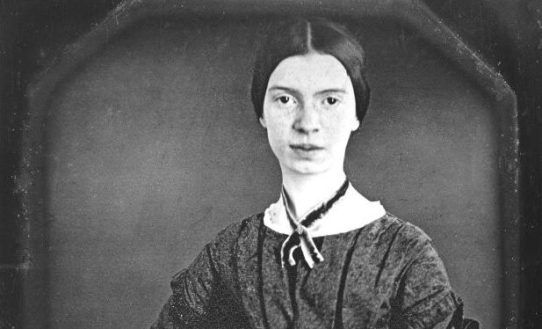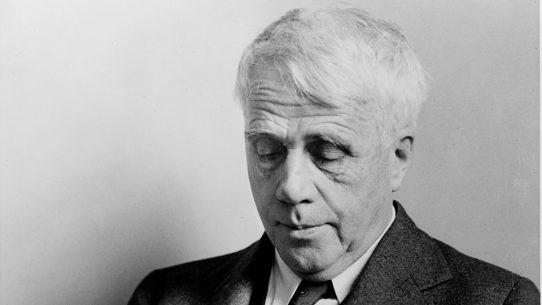Born: May 7, 1812, Camberwell, London, England
Died: December 12, 1889, Venice, Italy
Nationality: English
Literary Period/Movement: Victorian
Introduction
Robert Browning (1812–1889) was an English poet and playwright known for his mastery of dramatic monologue and psychological insight. His work delved into the complexities of human character and moral choice, making him one of the most original and intellectually daring poets of the Victorian era.
Early Life and Education
Browning was born into a cultured family; his father was a scholar and his mother an accomplished musician. A precocious reader, he was fluent in several languages and fascinated by art, philosophy, and history. He briefly attended the University of London but preferred independent study, immersing himself in literature and the works of the Romantic poets.
In 1846, he eloped with fellow poet Elizabeth Barrett, whose fame then surpassed his own. Their marriage, filled with mutual admiration and creative energy, remains one of the most celebrated partnerships in literary history.
Literary Career and Major Works
Browning’s early works, including Pauline (1833) and Paracelsus (1835), revealed ambition but met with limited success. His reputation grew with Dramatic Lyrics (1842) and Dramatic Romances and Lyrics (1845), which introduced his distinctive use of character voice. Poems like My Last Duchess and Porphyria’s Lover showcased his ability to reveal the psychology of obsession and moral ambiguity.
His long-form masterpiece, The Ring and the Book (1868–1869), based on an Italian murder trial, remains one of the most ambitious narrative poems in English. Through multiple perspectives, Browning explored truth, perception, and the limits of justice.
Style, Themes, and Influence
Browning’s poetry is marked by intellectual vigor, dramatic tension, and moral inquiry. His use of colloquial language and psychological realism distinguished him from his contemporaries. His recurring themes include faith, doubt, love, and the complexity of human motives.
He influenced later poets, especially the Modernists, who admired his dramatic technique and exploration of consciousness. T. S. Eliot and Ezra Pound both acknowledged Browning’s innovation as a precursor to modern psychological poetry.
Later Life and Legacy
After Elizabeth’s death in 1861, Browning returned to London, where he finally achieved public recognition. His later collections, such as Men and Women (1855) and Dramatis Personae (1864), cemented his reputation as a master of poetic form. He died in Venice in 1889, the same year his last book, Asolando, was published.
Browning’s legacy endures as that of a poet of intellect and passion — one who combined dramatic imagination with profound moral insight.
Notable Works
- My Last Duchess (1842)
- Porphyria’s Lover (1842)
- Men and Women (1855)
- Dramatis Personae (1864)
- The Ring and the Book (1868–1869)



